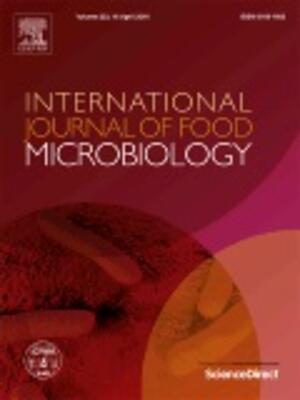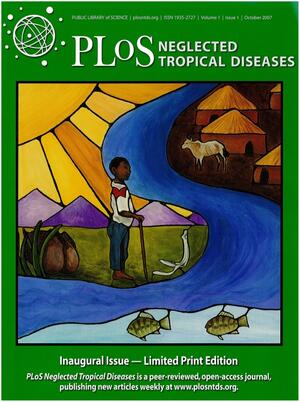
Five key takeaways from randomized controlled trials on food safety in informal markets in low- and middle-income countries
Abstract
When it comes to food safety in the informal sector, governments have typically taken one of two approaches: ignore or outlaw. But ignoring this problem doesn’t make it go away, and outlawing the informal markets can reduce the availability and increasing food prices. Through the CGIAR Initiative on One Health, we tested new approaches to improve the safety of food in traditional markets in Kenya, Vietnam, and Ethiopia; countries where conventional regulatory approaches developed in high-income countries have so far proven ineffective. Meat vendors in the traditional markets of Vietnam and streets of Addis Ababa, as well as slaughter facilities in rural Kenya, are typically small-scale operations. Often, both business owners and workers lack formal food safety training. Access to water, electricity, or cold chain infrastructure is frequently inadequate, making it difficult to comply with regulatory standards for food safety. However, as shown through the studies highlighted here, improvements are possible through the power of information.
Citation
Hoffmann, V. and Hung Nguyen-Viet. 2024. Five key takeaways from randomized controlled trials on food safety in informal markets in low- and middle-income countries. One Health Knowledge Brief. Nairobi, Kenya: ILRI.










